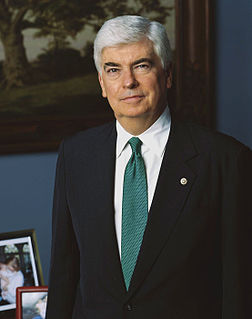A Quote by Kimberle Williams Crenshaw
Cultural patterns of oppression are not only interrelated but are bound together and influenced by the intersectional systems of society. Examples of this include race, gender, class, ability, and ethnicity.
Related Quotes
All of great leaders evidence four basic qualities that are central to their ability to lead: adaptive capacity, the ability to engage others through shared meaning, a distinctive voice, and unshakeable integrity. These four qualities mark all exemplary leaders, whatever their age, gender, ethnicity, or race.
I think that it is too common for white feminists to say, 'We want some diversity. Come join our movement about gender, but we want you to check the class and race at the door.' And you can't undo that braid of race, class, and gender: all three intersect with each other, so it's important for more education to be done about that.
Empires are synonymous with centralized if occasionally schismatized hierarchical power structures in which influence is restricted to an economically privileged class retaining its advantages through usually a judicious use of oppression and skilled manipulation of both the society's information dissemination systems and its lesser as a rule nominally independent power systems. In short, it's all about dominance.




































